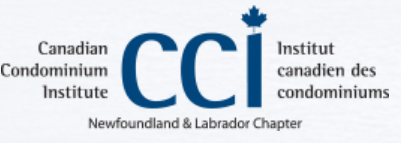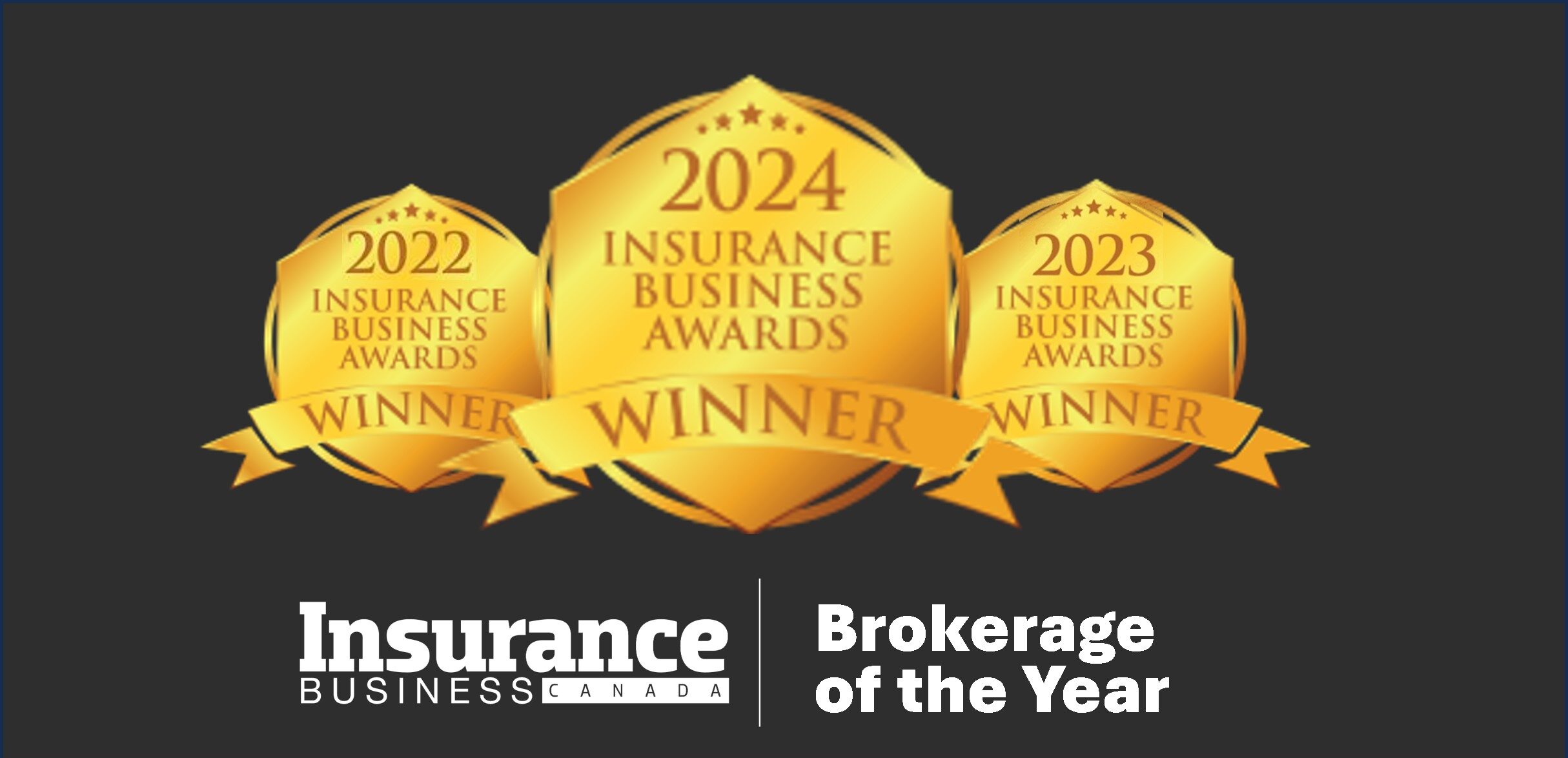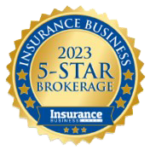How Condominium Corporations Can Secure Better and More Affordable Insurance Coverage
As a board member for a condominium corporation, you have no doubt recognized that obtaining condominium insurance has become increasingly difficult. One challenge is the rising costs of claims in condominiums generally which have forced insurance companies to reconsider insuring this line of business and caused those still covering condominiums to put forward significant rate increases.
With the frequency and severity of claims that are occurring in condominiums, the number of insurance companies offering condominium coverage will continue to shrink. For those who will continue to insure condominiums, Insurance experts are expecting a 15-20% rate increase in 2021 for this sector with many insurance companies simply exiting this line of business. In fact, premium increases and a reduction in the number of insurance companies willing to offer coverage is common in a hardening insurance market which is the situation we currently face in commercial insurance generally and the condominium market in particular. During a hard market we can expect higher premiums, more stringent underwriting criteria, fewer insurance
companies writing policies, and less competition among carriers.
With less options available it is more important than ever for condominium boards to be prudent in developing a risk management strategy and demonstrating to the insurance companies that they are taking steps to control and mitigate claims.
This is where a risk management strategy which is designed to identify, assess and control risk is crucial for any condominium corporation looking to obtain coverage or renew a policy. As well, implementing Loss prevention programs with procedures, policies and other steps board members can implement to reduce the likelihood of an insurance claim or costly incident will help provide insurance companies with confidence to insure your condominium.
Certainly, you can’t predict a major fire, disaster or accident but with a proper risk prevention strategy in place you should be able to mitigate some claims from occurring. More importantly, you will demonstrate to the insurer that your condominium corporation is an active partner in managing the risk; opening the door to coverage and reasonable rates.
In today’s condominium insurance market you must demonstrate that your board is attempting to reduce both the number and severity of claims being reported. Failure to do this this will most certainly drive your premium or leave the condominium corporation uninsurable.
Strong loss prevention strategies generally contain three components:
- A property management policy
- Loss prevention checklists that address specific risks to your buildings
- Methods for soliciting and responding to unsafe conditions and repairs
Paramount to the success of these strategies is getting residents onboard and buying into these proactive measures. Keeping residents included on what’s being deliberated by its board of directors, especially during tough insurance markets, will further assist in these safety and maintenance initiatives being followed by residents.
An example would be a board proactively deciding to implement a covenant change to eliminate/remove the building unit’s garburators. The insurance companies have data that demonstrate that garburators are known to be a leading cause of significant water damage as they frequently clog and result in water backing up in sinks; spilling into adjacent units and causing significant damage. In fact, garburators are at the top of the list risk as its been determined they are a leading cause of sewer pipe clogs and sewer back flow issues. Insurance companies pay particular attention to common and recurring causes of loss or damage. In fact, water damage, and not fire loss is the biggest single claims concern for the insurance industry relating to condominium insurance coverage. If your condo board is seen to be proactive in managing this risk it will go a long way toward giving insurance companies more confidence to work with you going forward.
A further proactive measure to help mitigate water damage is the installation of backwater valves. Displaying a proactive engagement of loss mitigation strategy is an indication of duediligence and good condominium governance, both of which are going to further reduce the potential for a claim and also put your condominium in a better position when an insurance company is considering renewal terms.
Other measures of good governance would include:
- Completing an incident report when a claim is established
- Reviewing semi-annually building and safety codes with residents
- Having a professional appraisal/accounting assessment completed on the condominium reserve fund every 3-4 years. This is something underwriting is examining these days
- Collecting certificates of insurance for all third party contractors who are beginning work on the premises
- Examining your insurable limits on the condominium building to ensure you do not have a coinsurance issue if you should have a major claim
- Highly recommend insurance coverage for Directors and Officers of the Condominium Corporation
Our mandate at Munn Insurance is to partner with our condominium clients to help develop an approach to ensure they have a loss mitigation strategy and a condominium improvements strategy in place that will put them in the best possible position for competitive and comprehensive insurance premiums. We have a library of condominium guidelines that we share with our clients and stress the importance of annual reviews to be completed. If you would like to speak with someone at Munn Insurance you can contact Blair Campbell, Commercial Manager at (709) 330-5995, Email: [email protected] or Mike Collins, New Business Developer at (709) 690-3153, Email: [email protected]
Related News
Recent News
How to Save on Insurance Amid Uncertainty of Tariffs and Trade Wars
In today’s global economy, trade wars and tariffs are a hot topic, and their potential impacts reach beyond just the cost of goods like cars, appliances, and steel. If tensions between countries like Canada and [...]
Get the Best Auto Insurance Quote in Nova Scotia: A Step by Step Guide
When it comes to auto insurance, everyone wants to ensure they’re getting the right coverage at the best price. Whether you're a first-time car owner or a seasoned driver in Nova Scotia, the process of [...]
Unlock Big Savings with Group Insurance Discounts
At Munn Insurance, we know that everyone loves saving money—especially when it comes to home and auto insurance. Did you know that you may qualify for exclusive discounts just by being part of certain groups [...]












